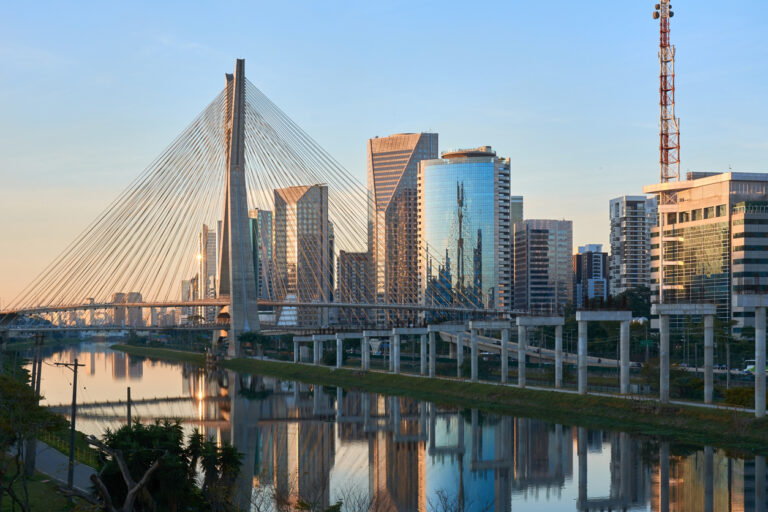Getting the pandemic globally and permanently under control is key to mitigating its impacts on health, society and the economy. This requires that a large proportion of the global population need be vaccinated against COVID-19 as quickly as possible, which necessitates global solidarity between states in the global North and global South and between societal actors worldwide. Global problems need global solutions. In the case of COVID-19, we are currently a long way from achieving this.
Supported by public-sector donors, several pharmaceutical companies have developed vaccines rapidly. Wealthy states secured ample stocks of vaccine early on to protect their own populations. Obtained via right of first refusal, these stocks are sufficient to vaccinate their own citizens many times. Canada, for example, obtained enough doses to vaccinate each Canadian five times. However, numerous poorer states, such as those in Africa, have been losing out until now. This will only further prolong the economic and social consequences of the pandemic, such as rising inequality and poverty. Even if wealthier countries should manage to provide their own populations with optimal quantities of the vaccine by late June 2021, their own economic output could still fall by USD 4.5 trillion. Crises of supply and demand in other nations are leading to losses in the domestic economy.
Read the full article here.
This publication first appeared on the DIE site.
Author: Paul Marschal, Christoph Strupat, DIE.
Photo by Diana Polekhina on Unsplash.
The views are those of the author and not necessarily those of ETTG.



